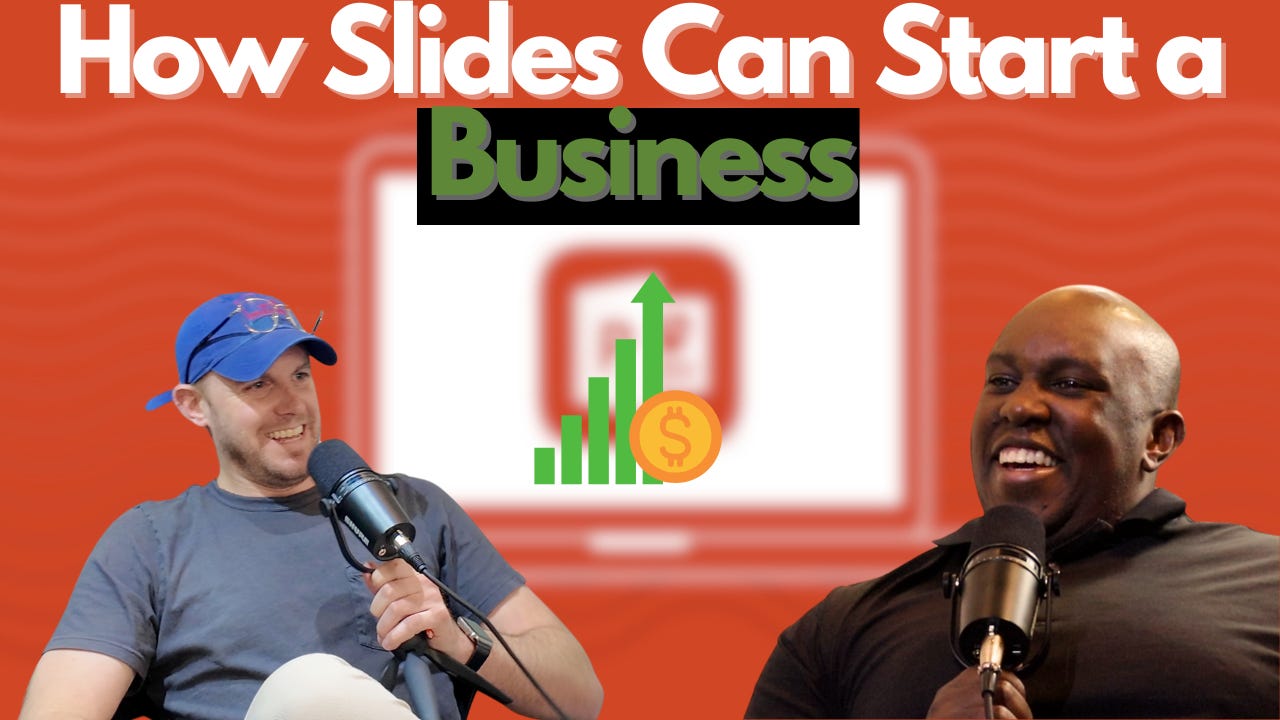The journey of unemployment has been a long and windy road. In January of 2024, I was told my services were no longer required as part of the largest acquisition in the history of technology. Initially, I was relieved. The days were long, the work was unfocused, and the lead-up to the company being acquired inhabited one of the most toxic work cultures I’d ever been a part of. Teams and leaders were fighting for their jobs which bred a dog-eat-dog environment.
At the time, the email sending me into the dark abyss of joblessness was welcomed news. I’d even say the first few months were joyful. I slept in most days, prepared tasty meals, and found myself at the gym in the middle of the afternoon. However, it didn’t take long for the feeling of aimlessness and self-pity to sink in. The countless automated rejections from online applications became a daily routine and all I could look forward to was the company of my wife after the completion of her work day.
Since no one would hire me, I realized I could hire myself. I had grand plans of starting my own business, winning the trust of clients, and building something I could be proud to call my own. In my mind, the layoff was only the first chapter in the book of success and the results I was preparing to achieve were just on the horizon.
There was only one missing ingredient, but perhaps the most important step to accomplish my goals. I had no idea what business to build or where to start.
The amount of YouTube hours I accumulated over five months with hopes of finding ideas to start the next billion-dollar U.S. company would bring tears of joy to the eyes of Quinten Tarantino or Martin Scorsese (Tarantino and Scorses are Hollywood directors known for producing extraordinarily long films).
The Amazon boxes stockpiled in the garage from the countless business books purchased on the website could earn an award from the city of Dallas’ recycling unit (I’m still waiting for my certificate in the mail).
Even with all the effort of reading and studying the works of internet gurus and top business leaders, I could not come up with any viable ideas I could afford to build solving a problem that has yet to be solved. Then it dawned on me. Of the millions of businesses all over the country, at least a few founders and CEOs would be willing to talk to me. Perhaps some even willing to answer my questions and share their experience of running a company. According to the U.S. Small Business Administration, there are over 30 million small businesses in the U.S.
Of those 30+ million owners and operators, I realized a few of them were buried in the contacts list of my iPhone.
Thus, “First Dollar Academy” was born. A practical guide to starting and growing a business. Join me as I highlight founders from a variety of industries giving their honest feedback on what it’s like to start a company, the challenges they’ve faced, and the lessons learned along the way.
The best part, you won’t have to leave your inbox. Each week, I’ll embed the contents of the podcast in the body of an email and all you’ll need to do is press play. Whether you’re happy with your 9-5 or looking to build your next empire this podcast has something for everyone.
Support me by sharing this newsletter with someone you think would gain value from the show. I’m looking forward to finding out how to solve my own problem and maybe becoming a business owner after all.
Best,
Jeremy Muhiu
If you enjoy Jeremy’s Newsletter, share it with your friends.
Episode 1 - Mike Rummelhart
Mike Rumelhart, CEO and founder of Oppsheet, shares his journey from investment banking to starting his own business. Mike discusses the impact of his parents' entrepreneurial mindset, the challenges and long hours of investment banking, and the inspiration behind building Opsheet. Mike emphasizes the importance of building a product that provides value to users and the need to constantly tackle problems and seek feedback. He also discusses his strategy for growing the user base and the goal of making Oppsheet a valuable asset for the investment banking industry.
Takeaways
The entrepreneurial mindset of Mike's parents influenced his decision to start his own business.
Investment banking requires long hours and a competitive environment, but it provides a solid foundation for building a business.
Building a product that provides value to users and constantly seeking feedback is crucial for success.
Growing the user base and gaining traction in the investment banking industry is a challenge that requires strategic marketing and networking.
Celebrating achievements and milestones is often put on hold when founding a business, as the focus is on solving problems and moving forward.
Sound Bites
"Build something where you will never need VC money."
"Talk to customers. You should be talking to 10-15 of them a day."
"Every single day, even on the weekends, late at night, I wake up at 2, 3 in the morning, thinking about the next problem to tackle."
Chapters
00:00Introduction and Background
09:07Transition from Investment Banking to Entrepreneurship
19:35Inspiration for Opsheet and Building a Valuable Asset
29:29Lessons Learned and Challenges in Starting a Business
37:14Growing the User Base and Seeking Feedback
41:09Strategies for Reaching the Investment Banking Industry
42:08Conclusion
To watch the episode, subscribe to the “First Dollar Academy” YouTube channel.




